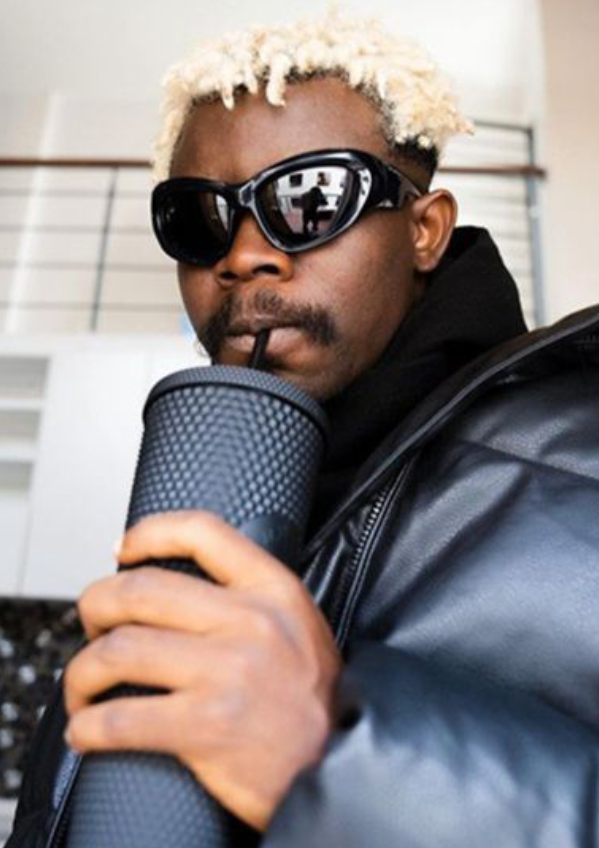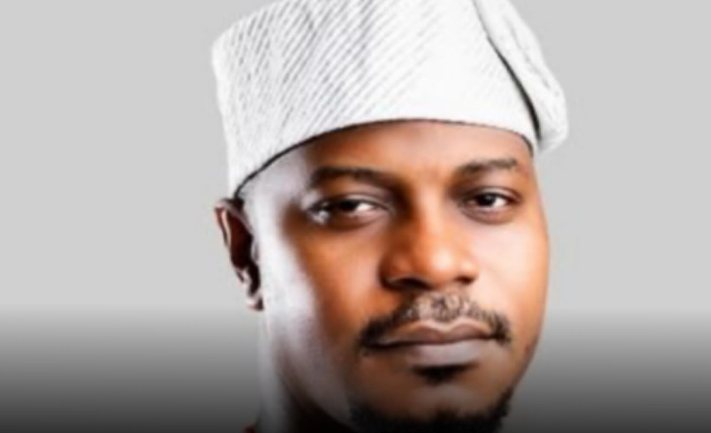
TG Omori Fires Back: “I’m a Free Man and No Butboy to No Human” — Inside the Explosive Clash Over Homophobia Allegations That Shook Nigeria’s Online Space

The Nigerian internet space erupted once again this weekend as award-winning music video director TG Omori, popularly known as Boy Director, found himself at the center of a heated controversy after being accused of amplifying homophobia through a viral post. What began as a single tweet quickly escalated into a full-blown national debate on freedom of expression, LGBTQ+ safety, PR stunts, and the deep-rooted cultural tensions in Nigeria’s entertainment industry. By Sunday night, the timeline had turned into a battlefield of opinions, accusations, defiant replies, and ideological clashes, with TG Omori delivering what may be one of the most talked-about clapbacks of 2025.
The conversation was ignited when Zikoko Magazine published a strongly worded critique condemning Omori’s earlier social media posts, claiming that the director had not only tweeted homophobia but had also triggered a “weekend-long dogpile” that endangered queer Nigerians across social platforms. According to the publication, the uproar that followed his tweet opened a “floodgate of hate” and exposed how deeply entrenched bigotry remains in the creative industry. The article, titled “TG Omori Is Using Hate to Sell His Fugly Glasses,” suggested that the filmmaker had weaponized discriminatory rhetoric as a cheap marketing tactic—an accusation that immediately polarized the public.
Zikoko’s post stated that Nigeria’s entertainment space has long grappled with a bigotry problem, calling TG Omori’s actions a vivid reminder of “how loud it gets.” The publication accused him of capitalizing on inflammatory commentary to fuel attention for his brand, insinuating that his viral moments often blur the line between marketing genius and socially harmful provocation. Many Nigerians agreed, pointing out the dangerous ripple effects such statements can have in an already tense socio-cultural landscape where LGBTQ+ people face daily hostility.
But TG Omori was having none of it. In a fiery response posted directly under the critique, he launched into a passionate defense of his independence, creativity, and reputation. “We not the same ‘thee’. I don’t know what PR means. Every follower n client saw my light and came to me,” he wrote. His message painted a picture of someone who sees himself as self-made, unfiltered, and unapologetically authentic. Dismissing the allegations that he weaponized hate for attention, he insisted that his growth and influence have come from genuine talent, not carefully engineered online controversy.
“It’s a pure uncorrupted light,” he declared. “I didn’t need my A** open or my voice taken from me. I’m a free man and no butboy to no human. I understand you needed to tweet this for international funding. Enjoy the free retweet PR.”
It was a striking response—sharp, confrontational, and charged with the kind of rebellious individuality that has defined TG Omori’s persona since he burst onto the scene. Yet the message also added fuel to an already blazing fire. Critics argued that his choice of words reinforced the very behavior he was being accused of: using derogatory, inflammatory language that further alienates queer Nigerians. Many commenters claimed that instead of clarifying his intentions, he had doubled down on an attitude that dismisses the real dangers faced by LGBTQ+ individuals across the country.
Supporters, however, rallied behind him, praising his refusal to bow to what they described as “forced Western agendas” and “cancel-culture policing.” Some insisted that creatives should be free to express personal beliefs—even controversial ones—without being dragged into moral wars. The divide between these groups highlighted the broader cultural tension in Nigeria, a country where traditional values often clash with modern human rights conversations amplified by digital media.
In the midst of the chaos, observers noted that TG Omori’s clash with Zikoko exposes a deeper issue: the volatile relationship between Nigerian celebrities and online watchdogs. Many entertainers have expressed frustration with media narratives that paint them as villains based on single posts or misunderstood statements. Media platforms, on the other hand, argue that influential figures must be held accountable when their words could potentially ignite harm. This friction has led to repeated storms across the digital landscape, with each side believing the other is pushing an agenda.
This particular controversy arrived at a time when conversations around equality, representation, and safety are increasingly prominent in Nigeria’s online spaces. LGBTQ+ advocacy groups expressed concern that public figures with massive platforms must be more cautious and culturally aware, especially in a country where social attitudes can easily escalate into real-world violence. They argued that homophobic rhetoric—whether intended or not—can embolden dangerous behavior, making life even more difficult for marginalized communities.
Meanwhile, those defending TG Omori framed the backlash as part of a growing trend of moral overreach on Nigerian social media, where public figures are expected to adhere to global expectations instead of local realities. They insisted that disagreement with certain lifestyles should not automatically be labeled as hate, especially in a society with complex cultural norms. The debate, in their view, has less to do with LGBTQ+ rights and more to do with freedom of speech and the pressure placed on celebrities to conform.
By Sunday night, TG Omori’s name was trending across multiple platforms, with thousands of posts dissecting his reply, Zikoko’s critique, and the larger cultural rift exposed by the exchange. While no official apology or retraction came from either party, the conversation shows no signs of slowing down. In fact, it has evolved beyond TG Omori himself, becoming a symbol of the broader tensions between culture, personal belief, digital activism, and celebrity responsibility in Nigeria’s fast-moving media landscape.
What remains clear is that the clash has left an imprint on the ongoing debate about public expression in Nigeria. It raises questions about the extent to which influential figures can speak their minds without causing harm, the responsibility of media platforms in shaping narratives, and the fragile balance between calling out harmful behavior and respecting cultural complexities.
For now, TG Omori stands firmly by his words, adamant that he is independent, self-made, and unafraid to challenge narratives he considers unfair or politically motivated. Whether his stance marks an act of bold authenticity or a reckless refusal to acknowledge the consequences of his influence depends on where one stands in Nigeria’s increasingly polarized public discourse. But one thing is certain: this clash has sparked a conversation that will be remembered long after the timeline cools down, and the ripples of this weekend-long storm will continue to shape debates about identity, expression, and accountability for months to come.


